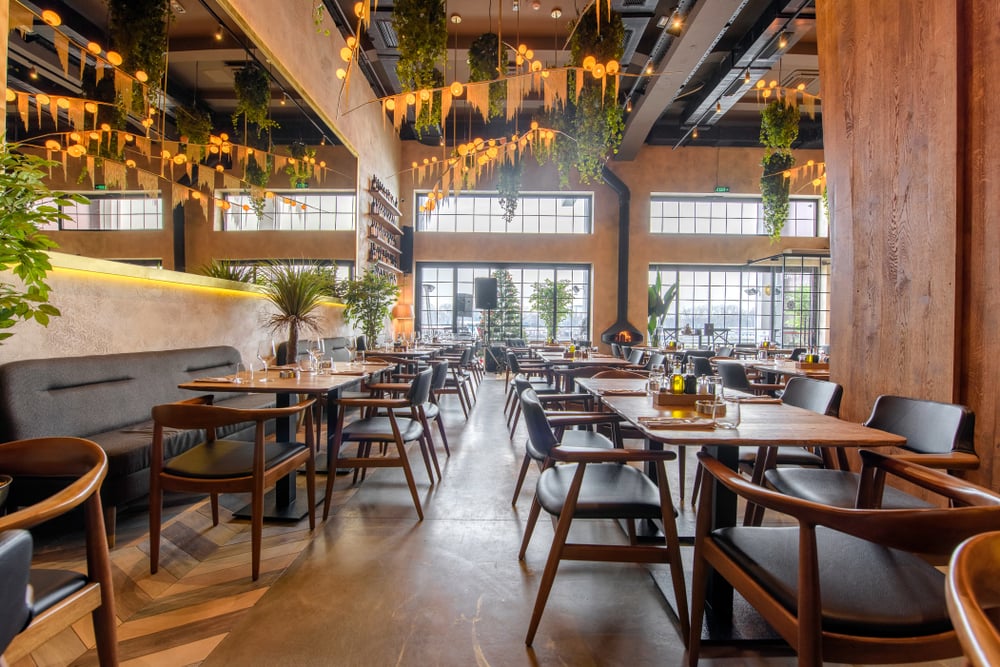Valentine’s Day presents a fantastic chance to draw more diners to your restaurant. In addition to the classic romantic tables for two, it can also be a celebration for groups of single friends or even an anti-Valentine's event.
For hospitality venues, jumping on this dining trend in a way that suits your brand ,and service offering, can lead to more bookings – and a higher table-occupancy rate – leading up to, and on, Valentine’s Day. Here’s a few reasons why Valentine’s Day is so important, and the benefits that can be found in embracing the date.
1) Because customers want to dine in
Holidays like Valentine’s Day mobilise patrons to dine out. While, historically, Valentine’s Day might have been suited to a particular type of restaurant and cuisine, there’s opportunities for a wide range of venues to join in on the festivities.
There is the classic set menu, dnner for two deal, but you can take this one step further , wow your diners with a pre-order experience, make your service seamless by having them order and pay in advance, or even add in extras as part of your booking process by giving the option of have wine, flowers, or chocolattes or even a cocktail on arrival. Don't forget it's not just couples, Gal-entine’s Day is perfect for more relaxed venues that specialise in larger bookings and share-platters, . Cafes and more informal venues might be good spots to advertise casual dates and individual dining experiences. There may be opportunities for pubs and bars to organise meet-up events like spped dating or a lonely hearts club!
2) Because there’s a willingness to spend
In February 2024, it was disclosed that consumers globally spent $25.8 billion on Valentine's Day, with 29% of them dining out at restaurants. That's a significant amount of money that hospitality venues should aim to capture.
There’s a number of ways that hospitality venues can make the most of this enthusiasm. It might be through unique set-menus, minimum spend and – in order to provide customers with time to indulge, and to create a feeling of exclusivity – a limit on the number of covers for the day/evening. Having an online booking system like ResDiary for your restaurant that allows you to manage bookings by channel, time slot, party size and control online availability is a key tool.
A collective desire to splurge doesn’t come around very often, and there might be an opportunity for the venue to be a beneficiary.
3) Because it’s an opportunity to reach new diners.
Effective storytelling (through words, images, dishes etc) can be a great way to resonate with – and draw customers to – the venue. Dates like Valentine’s Day can also help to connect with customers via shared experiences.
Diners are looking for ideas for their ideal Valentine's celebration online—not only on your website but also on popular booking platforms like Quandoo as well as through Facebook, Instagram, or Google. It's crucial to ensure your Valentine's offer is easily discoverable and bookable across all platforms and accessible to diners. Luckily ResDiary has a powerful direct booking integration with all of these platforms and booking channels.
Engagement with Valentine’s Day can enable the venue to become a destination venue for special occasions and events, and can provide a critical point of difference from competitors.
4) Because it may lead to returning customers
Valentine’s Day is an excellent opportunity to convert new customers into returning ones. It’s one of the first big events in the year, and – If all goes well – why wouldn’t guests return with their partner, or other patrons? Fully embracing Valentine’s Day might also help to produce long-lasting relationships, particularly if the venue is proactive via savvy use of their customer database.
There’s good reason for venues to celebrate Valentine’s Day. It might help new customers find the venue, those customers might spend more than usual on the date and they might be inclined to return. These holidays aren’t to be missed; capitalise on everything they have to offer.
Speak to our experts on how you can use a table management system to leverage events like Valentine's Day.
Disclaimer: This guide is general in nature and does not take into account your individual circumstances. Before acting on any information, you should consider whether this is right for your business.




